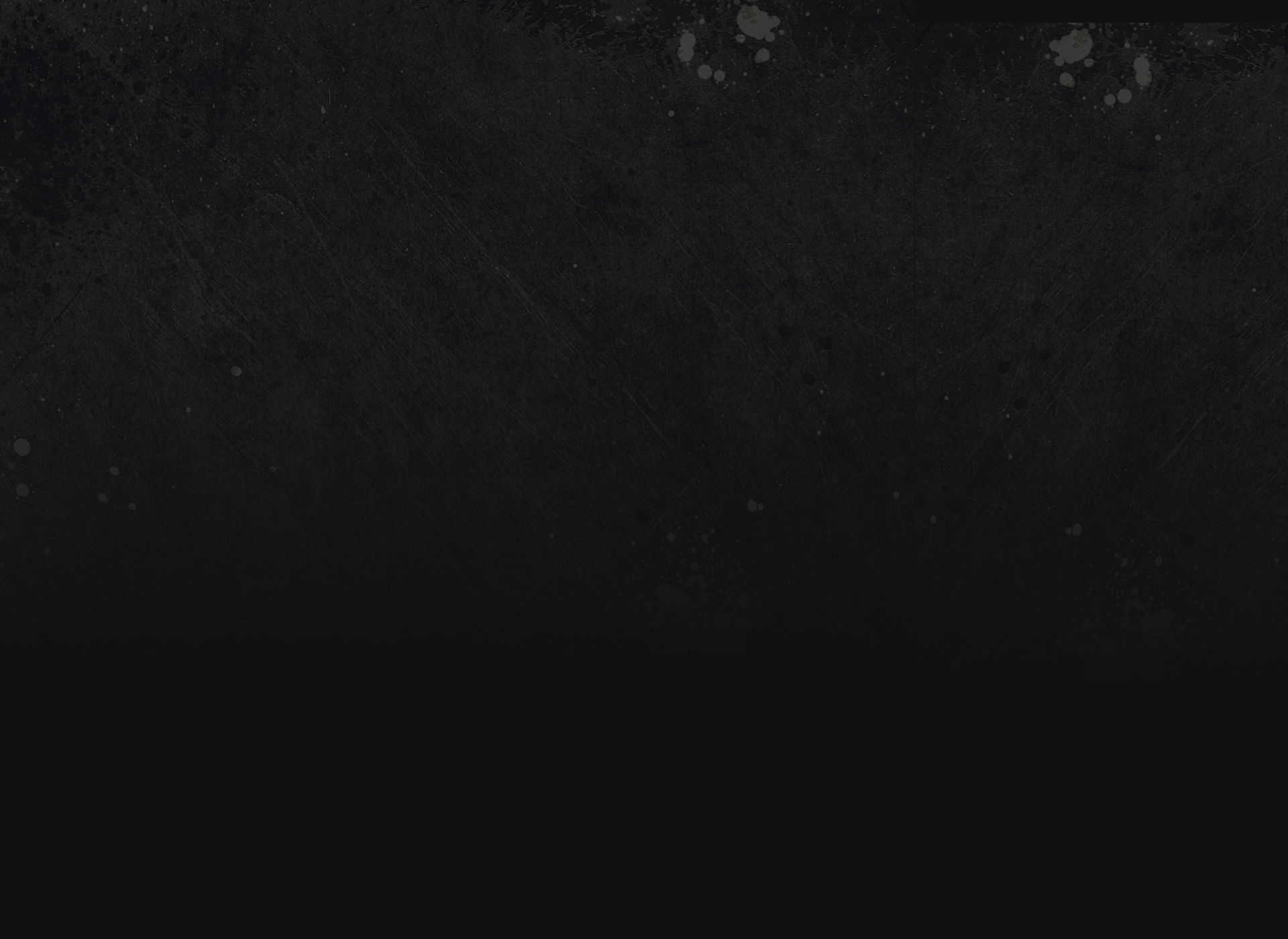Facebook Tweaks News Feed Algorithm to Punish Click-Bait Posts
- Aug 7, 2016
- 2 min read
Facebook Inc. is getting serious about quashing click-bait, two years after a first attempt had little success in curbing such posts.
Now, the company is doubling down, tweaking its algorithm to further punish senders of those stories that promise "you’ll never believe" something that happened, or that “he was shocked when he saw THIS.”
Facebook employees recently sorted through tens of thousands of headlines, categorizing them as click-bait or not, to help come up with an algorithm that will automatically determine if a news story is suspect as soon as it’s uploaded to the site, the company said in a blog post Thursday. The more a publisher posts click-bait, the more Facebook will limit how often its stories can be seen in the news feed.
The change comes after Facebook listened to users who reported that the problem persisted, even after the company tried to address it in 2014, said Adam Mosseri, who runs news feed.
“People are still complaining about it,” Mosseri said. “I think it’s bad for people, and it ends up in the long term being bad for publishers and also bad for Facebook.”
Click-bait headlines are defined as those that withhold crucial information or create misleading expectations for the reader. The headline "Wait Til You See What Selena Gomez Wore to the Emmys" creates false expectations if Gomez didn’t attend the Emmy awards this year, for example, he said.
Close all those tabs. Open this email.
Get Bloomberg's daily newsletter.
Sign Up
In 2014, Facebook limited such spam by tracking who clicked on an article and quickly came back to the site. Now the company has noticed other factors: People tend to "like" a story, read it, then come back and un-"like" it, Mosseri said. They also tend to report such items as bugs or flag them as misleading or false. Facebook’s external panel of about 1,000 people who rank their news feed stories daily helped the company notice that the problem had persisted, he said.
The change won’t punish click-bait news sites forever -- they can reform their ways, Mosseri said.
“If you are a publication and you post nothing but click-bait today, reach and referral traffic will go down,” he said. “If you then try to post more straightforward headlines, it will adapt and go up again.”








































Comments